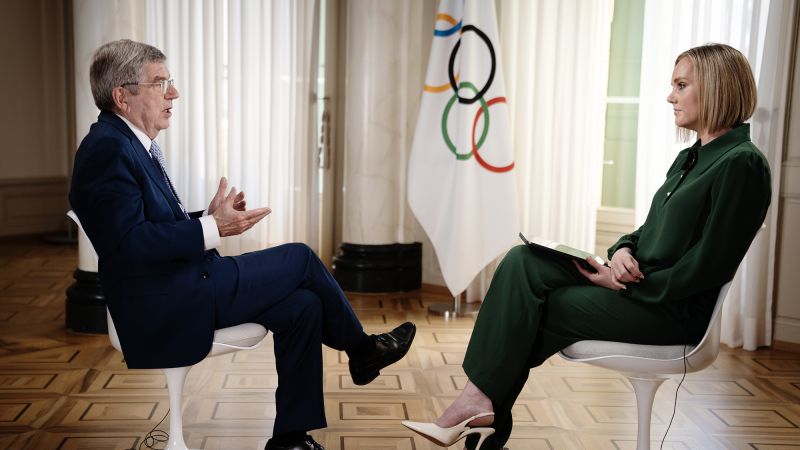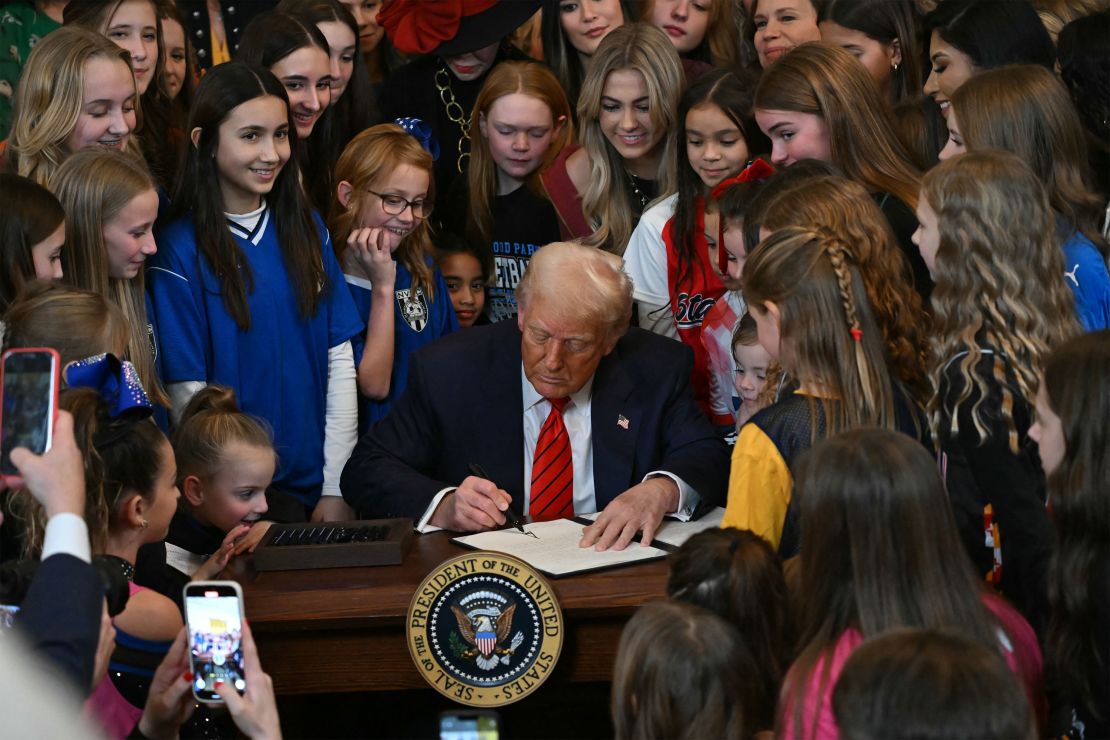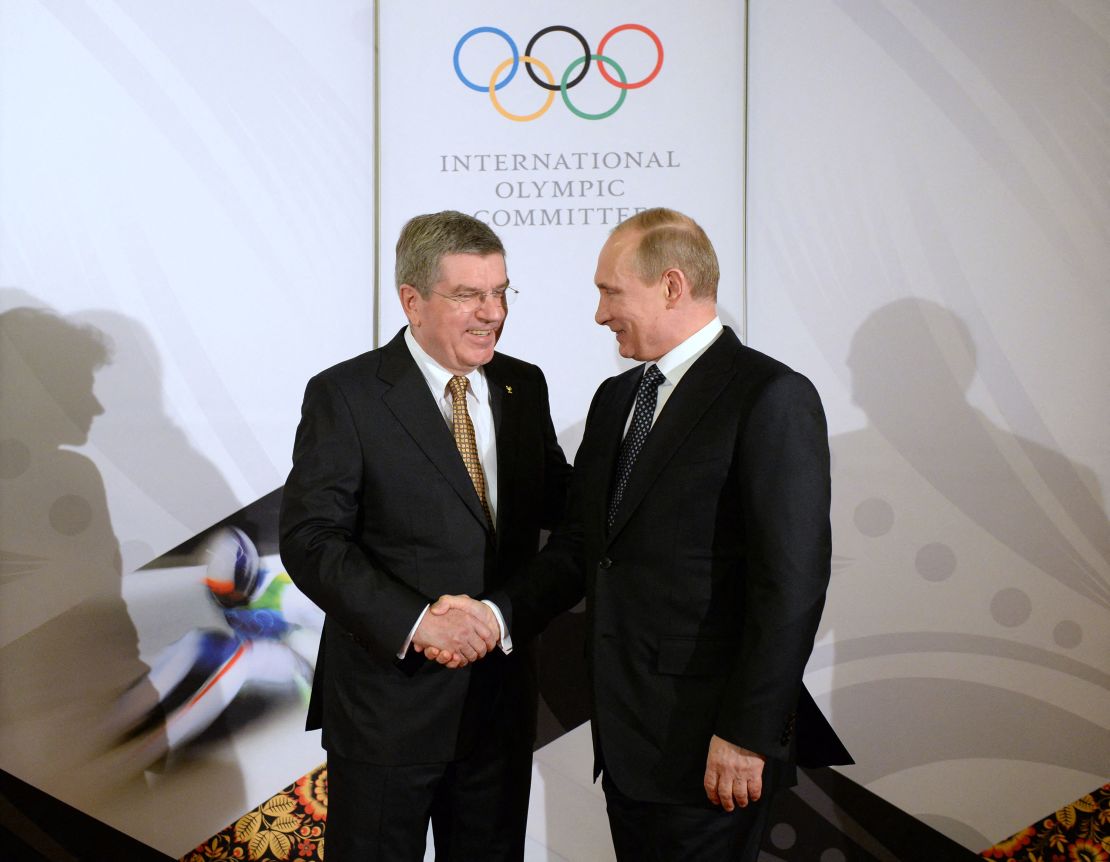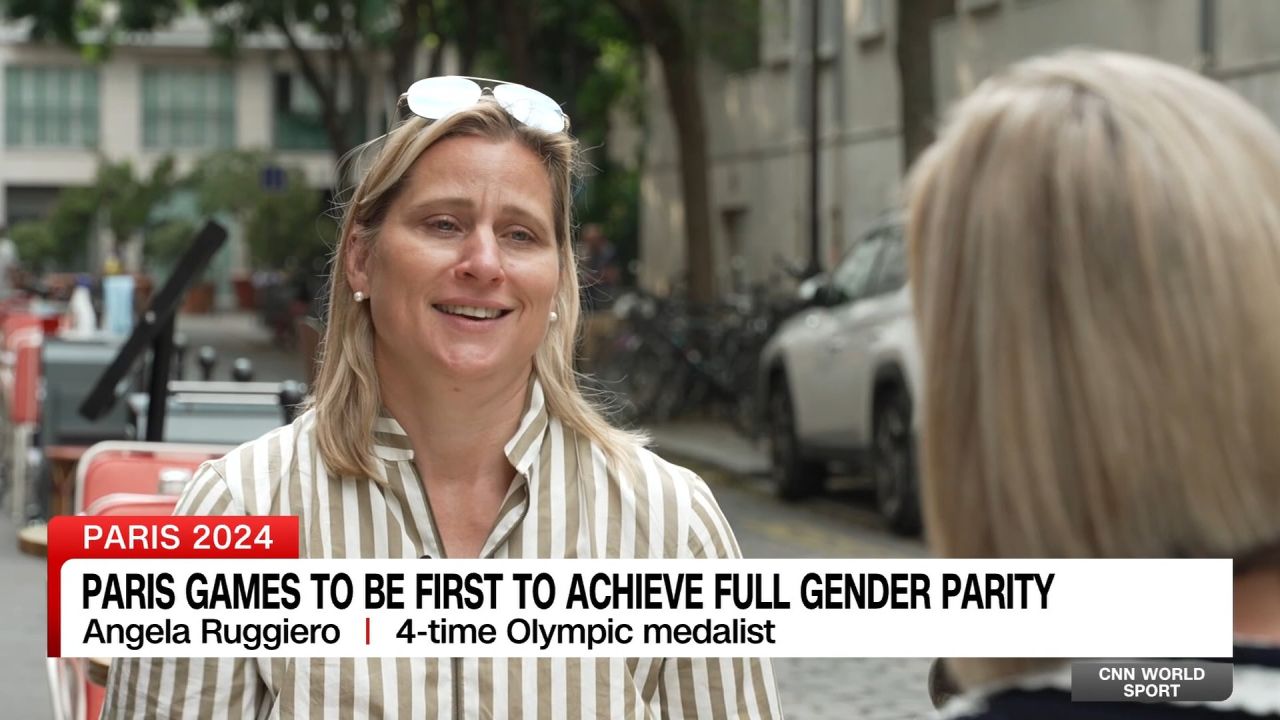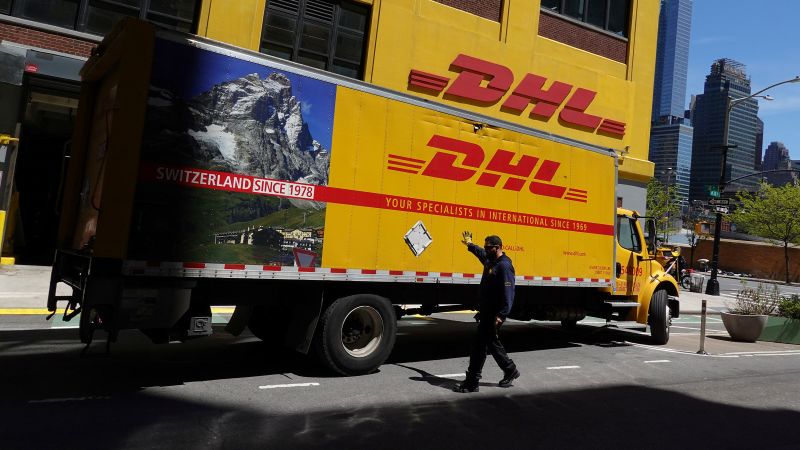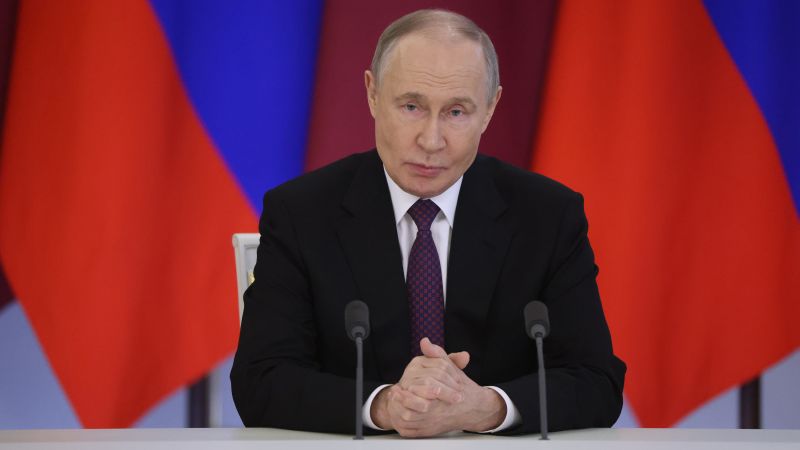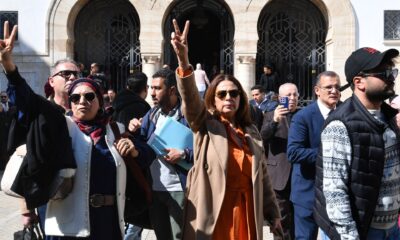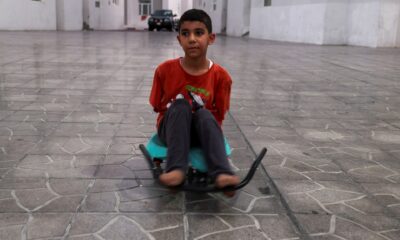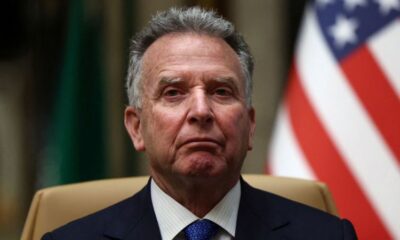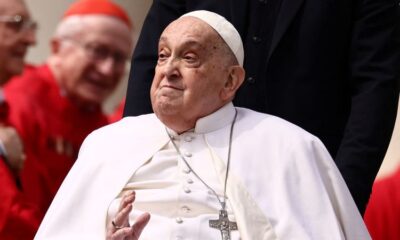CNN
—
Despite a tenure in which keeping the Olympics and politics separate has at times been difficult – and in which he’s had to deal with some of the world’s most controversial leaders – Thomas Bach has a clear message for his successors during an uncertain time: make sure the Games stay out of it.
For 12 years, Bach has overseen one of the most extraordinary periods in the history of the Olympic movement – a global pandemic with two Games behind closed doors, a state-sponsored Russian doping scandal and a legacy of era-defining change within his organization. That period also saw the Games being hosted in Russia, Brazil, South Korea, China and France amid elections, wars in Europe and the Middle East, and cross-border posturing on the Korean Peninsula.
As he prepares to hand over the baton to his successor, Bach does so with an unwavering faith in the power of unity and strict neutrality, and a confidence that the Olympics currently face no “existential challenge or problem.”
“Sport has to be politically neutral, otherwise we cannot accomplish our mission to bring the entire world together. You have seen how perfectly it worked in Paris, where we had the athletes from all the territories of the 206 National Olympic Committees, plus the Refugee Olympic Team, coming together, living together in the Olympic Village, living peacefully together,” he told CNN Sports’ Amanda Davies in an exclusive interview ahead of the selection of his successor.
“You had athletes from Russia, from Ukraine, you had athletes from Palestine, you had athletes from Israel, you had athletes from Yemen … The far too many wars and crises in this world coming together, living together, making a call for peace together and competing with each other peacefully and following the rules without any incident.”
Bach’s message will face a stern test as the Summer Games prepare to head to Los Angeles in 2028. They do so against the backdrop of an increasingly uncertain and fractured political and societal landscape in the United States, which is going through a time of deep political divide – one from which the Olympics have not been immune.
The Trump administration’s direct, disruptive style of leadership sits in stark contrast to the IOC’s diplomatic and unifying mission, and that combination could present those protected principles with their biggest test in generations.
IOC President Thomas Bach talks about Trump and the 2028 Olympics
IOC President Thomas Bach talks about Trump and the 2028 Olympics
06:41
Despite the differences, the 71-year-old German is confident that President Donald Trump – who was serving his first term when 2028 was awarded to Los Angeles – has the Games’ best interest at heart.
“I’m very confident about the support of President Trump for the Games in LA because I have experienced him as a very outspoken supporter and promoter of the candidature of Los Angeles, and there you could also feel in this exchange that, in his heart, he loves sport,” Bach told CNN Sports.
“I hope that Los Angeles will expose the US as a sports-loving country, and the Americans can live their passion for sports and for the Olympic Games … as we have seen again just right now, they love the Olympic Games.”
Trump’s passion for sports does not mean that athletes are immune to his culture war political strategies.
Among his most prominent talking points is a desire to keep transgender women from competing in women’s sports, a theme he has mentioned frequently on the campaign trail and at the start of his second term.
Gender eligibility rules – and the participation of transgender and athletes with differences of sexual development (DSD) at the Olympics and elite level – is one of the most divisive issues in sports at the moment.
Trump’s implementation of February’s executive order entitled “Keeping Men Out of Women’s Sports” has been coupled with warnings that visas could be denied to LA-bound competitors who don’t meet the administration’s gender interpretations.
But it’s Trump’s targeting of individual athletes that has perhaps sparked the biggest point of contention between him and the IOC.
Gold-medal boxers Imane Khelif and Lin Yu-ting – whose participation in Paris became a flashpoint last summer – have been consistently referenced by the president, wrongfully asserting that both were men who “transitioned.” It’s become a flashpoint for an often-misinformed debate about how women are allowed to compete in sports and has subsequently triggered an onslaught of online, transphobic abuse toward athletes.
“It’s a phenomenon of our world. What does social media do in such cases?” Bach told CNN.
“You had all sorts of people from all walks of life who were jumping on this without having any idea. We need to dig a little bit deeper how in this world you can really expose the facts and then discuss these facts – and then how to interpret these facts.”
Trump’s remarks came after the Russian-backed International Boxing Association (IBA) disqualified Khelif and Lin from the 2023 World Championships on the basis of failed eligibility tests, and those athletes once again found their participation scrutinized during last year’s Olympics.
The IBA and the IOC have shared a fraught and fractured relationship for years, and that feud was only exacerbated in Paris. Just last month, the IBA launched legal action against Khelif and the IOC over the former being allowed to compete at the Games, despite being “ineligible.” The IOC responded by calling it “just another example of IBA’s campaign against the IOC.”
Bach has staunchly defended both boxers throughout what he says was a Russian-led misinformation campaign during the Games.
“The impression was given as if these two boxers (…) would be transgender athletes. They are not,” he explained. “They have been born as women. They have been raised as women. They have been competing as women. They have lost bouts, and they have won bouts. They have even competed in the Olympic Games in Tokyo without any noise.
“You can see it was initiated by the Russian head of an international boxing federation, which we had withdrawn recognition of because of issues with the finances, good governance, judging and refereeing – the whole list. And whose expulsion then was also confirmed by the Court of Arbitration for Sport (CAS), and then they started, all of a sudden, this Paris attack.”
CNN has reached out to the IBA for a response to Bach’s claim.
Khelif has already stated her aspiration to compete in and medal in Los Angeles, with the IOC Executive Board recommending that boxing be part of the 2028 program, following the provisional recognition of World Boxing in February 2025.
With the increased politicization, disinformation and hate speech around trans athletes, does Bach feel confident that the Algerian will be safe on US soil?
“I would not have fear because, maybe I’m too naive there, but I still believe that you know once this dust has settled, then the people are getting to the facts,” he said.
“The American people – and not only the American people, but all the millions of spectators; and when it comes to the media, even billions of spectators – will welcome her if she would want to compete in the Games in LA.”
On Putin and dealing with controversial world leaders
Just as Bach’s successor will have to navigate the fine line between upholding the IOC’s core values and confronting several touchpoint issues, the German himself is no stranger to dealing with the multifarious interests and motivations of political leaders from around the world.
Bach had a self-confessed “very good relationship” with Russian President Vladimir Putin during the 2014 Sochi Winter Olympics, but that relationship dramatically soured with the uncovering of an orchestrated program of cheating at the Games, and then by Russia’s full-scale military invasion of Ukraine.
A World Anti-Doping Agency (WADA) report in July 2016 stated that Russia ran a state-sponsored doping program during the 2014 Winter Olympics, while an update to the report five months later concluded that a “systematic and centralized cover-up” had benefited more than 1,000 Russian athletes across 30 sports.
The initial report said Russia engaged in “a shocking and unprecedented attack on the integrity of sport and on the Olympic Games,” tarnishing the country’s powerhouse reputation in the sporting world. The Russian government responded to the scandal by calling the punishments unjust and an example of anti-Russian sentiment. Russian President Vladimir Putin said in 2019 the decision to ban Russia from multiple Games in punishment was “unjust, doesn’t correspond to common sense and the law.”
“Through these Games (in 2014), a number of people were thinking differently about what is going on in Russia, but then with the doping scandal, they completely destroyed it,” Bach told Davies.
“Then this relation got worse and worse and after the invasion (of Ukraine), we had to take new measures. And now we’re in a situation where, in Russia, I’m (called) a Nazi, so I think that says it all.”
Frequently pictured together over his time as IOC president, there have been allegations that Bach’s relationship with Putin meant that he didn’t take as tough a stance on Russia as some suggested he should. Despite sporting sanctions being imposed against Russia, the country’s athletes were still able to compete at Olympics under specific conditions in the years that followed the WADA report.
However, Bach denied his relationship with Putin had any effect on his decision making when it came to the participation of Russian athletes at the Games.
“Not at all because we applied the same principles we are applying to all the athletes around the world,” he told CNN Sports.
Knowing what he now knows, does Bach regret the Games ever being staged in the Black Sea resort of Sochi?
“I had to make these Games a success despite the fact the election of Sochi happened way before my presidency (in 2007),” he explained.
“President Putin himself was very interested to make the Games a success, and so the two interests came together. They were elected and then they happened. This is history. It happened. You cannot correct history.”
Russian doping: ‘Institutional conspiracy’
Russian doping: ‘Institutional conspiracy’
01:39
The IOC has allowed Russian athletes to continue competing as individual neutrals at recent Games – albeit without flying the national flag or playing the national anthem.
“We had many national Olympic committees being suspended and they were participating then under the Olympic flag or other flags, and the same we applied then also for the Russian athletes in both cases,” Bach said, defending the move.
Russia was banned from all team sports at last year’s Paris Games and its path back into the Olympic fold remains unclear.
The country’s possible participation at next year’s Milan-Cortina Winter Olympics will be one of the first key decisions taken by the German’s successor.
Bach is clear, though, that decisions made in the past and going forward should continue to be made with the best interests of the athletes in mind.
“It’s not about Russia. It is about the athletes. Everybody who is following the rules has to have the right to participate in the Olympic Games, full stop,” he said.
Participation at the Games has been one of the motivating factors that led Bach to drive through a set of defining changes within the IOC – an organization that he believes had been “longing for reforms.”
On the field of play, Rio 2016 marked the first appearance of a Refugee Olympic Team for displaced athletes while Paris witnessed the Games having an equal number of men and women competing.
Paris Games to be first to achieve full gender parity
Paris Games to be first to achieve full gender parity
03:19
Away from competition, future revenues have been secured to make the Games accessible to a bigger worldwide audience. Last week, the Olympics and NBC announced a $3 billion extension of their media rights deal for the 2034 Salt Lake City Games and the 2036 Games.
But perhaps his lasting legacy will be transforming how host cities are selected with the Olympics now secured all the way up to and including 2034.
“We were revolutionizing the organization of the Games, making them sustainable, adapting the Games to the host and not the other way around,” Bach said.
“We had these wonderful Games in Paris, which were Games as we imagined with the Olympic agenda. Contrary to before where we had almost no candidates anymore, now already for 2036 and 2040, we have a healthy two-digit number of interested parties, and this is what counts.”
Source link
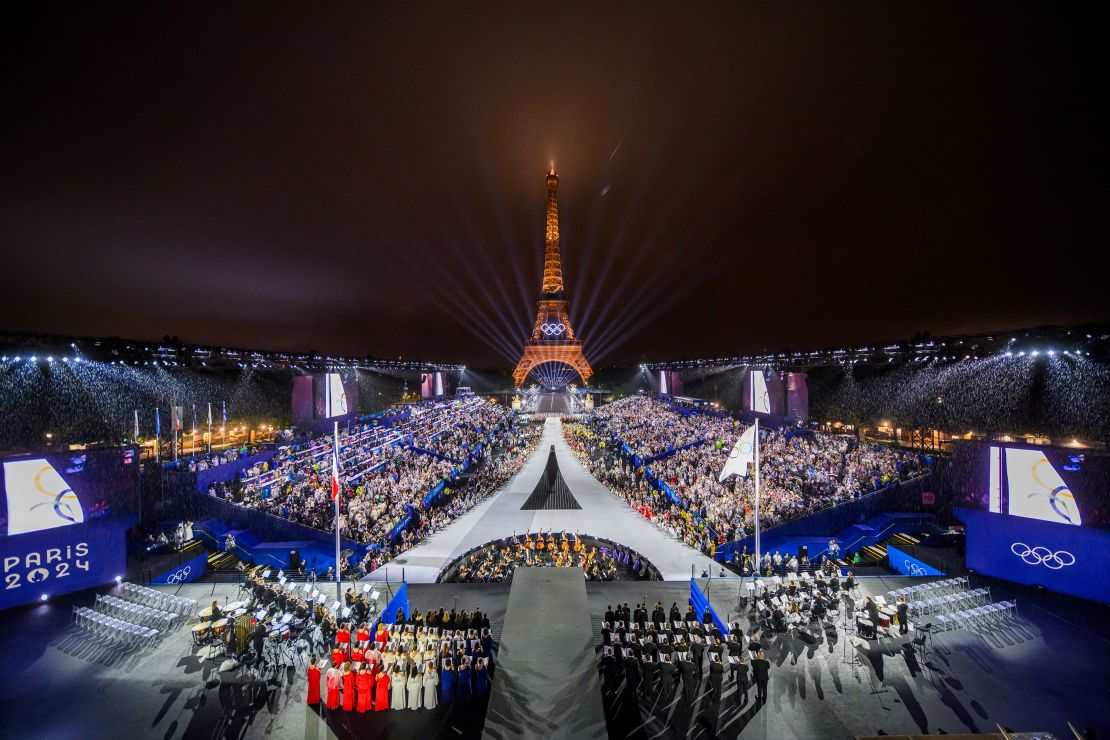
![Thomas Bach + Amanda Davies [I].jpg](https://media.cnn.com/api/v1/images/stellar/prod/thomas-bach-amanda-davies-i.jpg?c=16x9&q=w_1280,c_fill)

